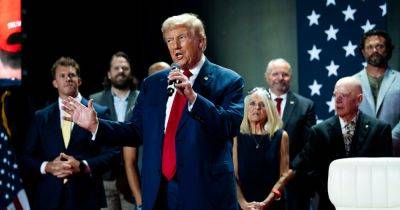Electric Car Subsidies Are a Plus, but Could Be Improved, Study Finds
A team of economists has taken on a central component of the Inflation Reduction Act: the $7,500 tax credit for U.S.-made electric vehicles.
The challenge in evaluating it is that the policy has sometimes conflicting goals. One is getting people to buy electric vehicles to lower carbon emissions and slow climate change. The other is strengthening U.S. auto manufacturing by denying subsidies to foreign companies, even for better or cheaper electric vehicles.
That’s why totaling those pluses and minuses is complex, but overall the researchers found that Americans have seen a two-to-one return on their investment in the new electric vehicle subsidies. That includes environmental benefits, but mostly reflects a shift of profits to the United States. Before the climate law, tax credits were mainly used to buy foreign-made cars.
“What the I.R.A. did was swing the pendulum the other way, and heavily subsidized American carmakers,” said Felix Tintelnot, an associate professor of economics at Duke University who was a co-author of the paper.
Those benefits were undermined, however, by a loophole allowing dealers to apply the subsidy to leases of foreign-made electric vehicles. The provision sends profits to non-American companies, and since those foreign-made vehicles are on average heavier and less efficient, they impose more environmental and road-safety costs.
Also, the researchers estimated that for every additional electric vehicle the new tax credits put on the road, about three other electric vehicle buyers would have made the purchases even without a $7,500 credit. That dilutes the effectiveness of the subsidies, which are forecast to cost as much as $390 billion through 2031. “The I.R.A. was worth the money invested,” said







